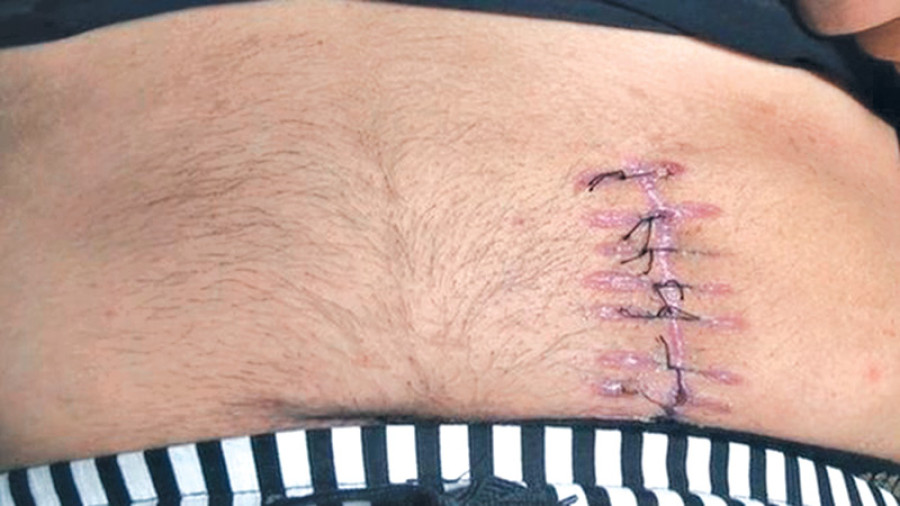National
Organ traffickers ‘run health camps’ to lure people
In a shocking revelation, health camps are found being used or rather misused as a means of creating a base for human organ smuggling.
Rastriya Samachar Samiti
In a shocking revelation, health camps are found being used or rather misused as a means of creating a base for human organ smuggling.
With the changing time, new methods are found to be used by the human smugglers and rackets to create a ground for trafficking in persons and smuggling of human organs.
Police said new forms of human trafficking and illegal human organ trade, primarily taking place in the guise of sending people on foreign employment, are reported in the country.
At an interaction programme on ‘Kidney Smuggling in Nepal’ organised by the Forum for Protection of People’s Rights Nepal on Thursday, Superintendent of Police Kiran Bajracharya said criminal gangs were found choosing rural areas as appropriate places to conduct free health camps so as to find out the prospective victims and spread their tentacles.
They reach there through the means of free-heath camps, take details of the people, identify ‘possible victims’ and hire another group to convince them for organ extraction and for its sale, SP Bajracharya explained.
The Nepal Police had recorded 181 cases of human trafficking in the fiscal year 2071/72 BS, the number soared to 218 the following year.
Kavrepalanchok, Nuwakot, Ramechhap and Makwanpur remain the most vulnerable places in terms of human trafficking and illegal organ trade.
Taking advantage of Nepal’s labour permission to 110 countries, human smuggling racketeers are found using new routes for trafficking in persons to different destinations.
As per the prevailing law, any individual found guilty of human trafficking is liable for 10-year imprisonment and a fine between Rs20,000 and Rs50,000. The law guarantees 50 percent of the fine amount to the victim as compensation. If the convict could not pay the fine amount, the law guarantees compensation to the victim from the state’s Rehabilitation Fund.
But a failure to apprehend the main culprits/accused in such cases has been a big challenge in controlling such crimes.
Citing a recent study in nine districts including Kavrepalanchok, forum’s Director Satish Sharma said kidneys of 36 people from various rural areas were sold by the human organ smuggling rackets.
“Many of the respondents included in the study said they sold their kidney to supplement their income, the allure to lead a prosperous life, the misconception that a single kidney was enough to lead a healthy life and kidney regenerates itself again, and getting house and land,” Sharma said.
While there is no exact data on the victims of the kidney smugglers’ racket, a rough estimate suggests there are more than 300 such victims in Kavrepalanchok alone. Police believe there are many more victims in Sindhupalchok, Kathmandu, Gorkha, among other districts.
Such rackets often lure people to sell their kidneys promising up to Rs300,000-Rs500,000 before reselling the organs for profits, but the victims are provided only between Rs50,000 and Rs100,000, according to Sharma.




 9.7°C Kathmandu
9.7°C Kathmandu














